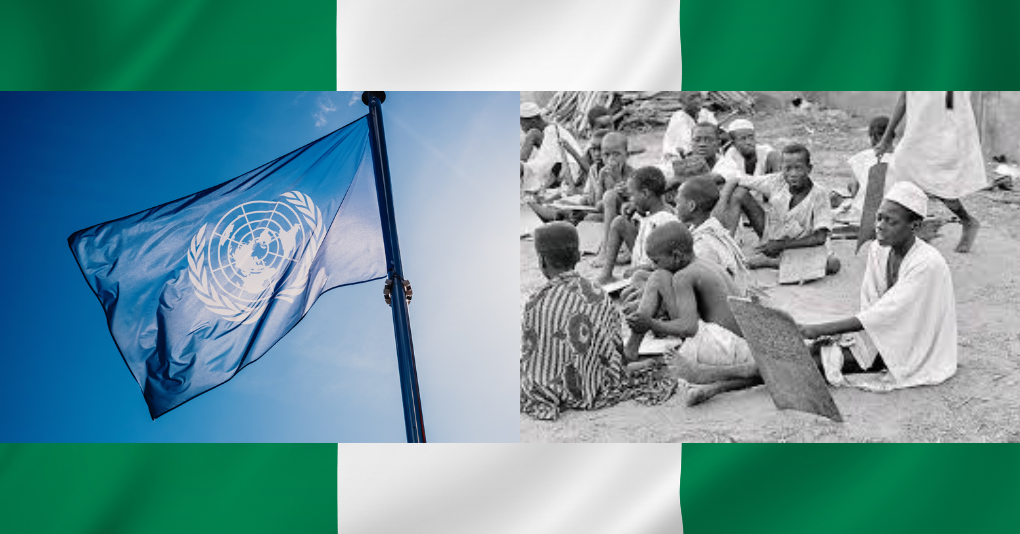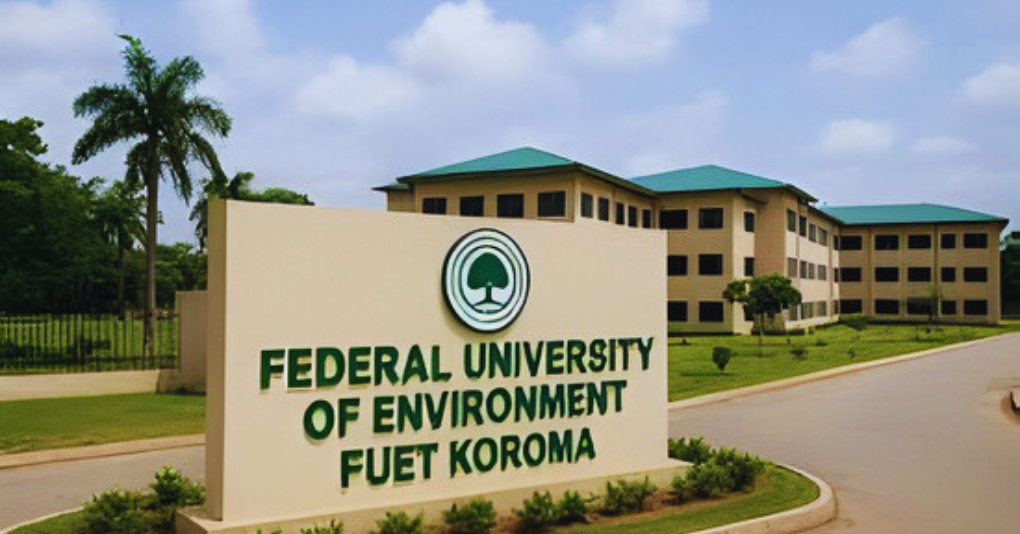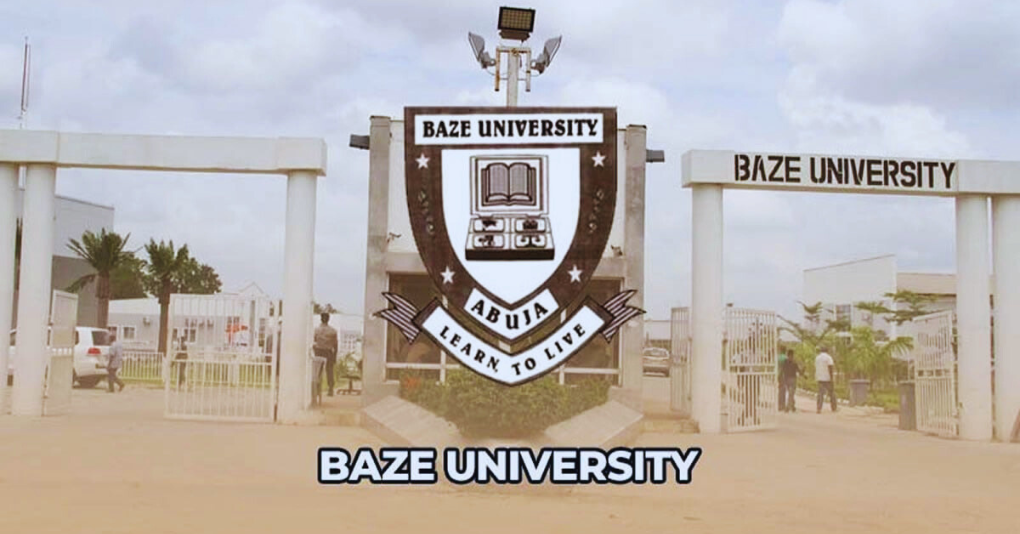The Katsina State government has partnered with the United Nations Children’s Fund (UNICEF) to integrate core subjects into the Tsangaya education system in the state.
Muntaka Mukhtar, an education specialist with the UNICEF Kano Field Office, disclosed this in Katsina on Thursday at a workshop organised for Tsangaya school proprietors.
The workshop was organised through the state’s agency for mass education with support from UNICEF.
According to Mr Mukhtar, the aim was to ensure that all children are in school.
He said, “At UNICEF, we always promote that education is a right of the child and should be given that right.
“And we’re aware that Katsina is facing a lot of security challenges which are likely going to hinder many children from going to school.
“So, we’re trying to see how we ensure that some of these Tsangaya school operators who are running the Qur’anic schools allow their children to have quality basic education within their own environment.”
The education specialist expressed the belief that wherever children are, they can learn, and they can benefit from whatever they learn in future.
He explained that the exercise was aimed at interacting with Tsangaya school operators to see that they permit all these children to continue to acquire Western education.
Mr Mukhtar said, “What we’re trying now is to see that at least these children are not denied their right to education, and they are supported to maximise their own potential as much as they can.
“We had a similar exercise last year; we had another number more than this. This time it is only 100 based on what we can think.
“But, we are not only picking numbers; we’re looking at those that have a large number of children under them, and are also willing to allow them to access quality basic education.”
He further expressed hope that the government would sustain this kind of engagement as its own responsibility.
According to him, at the end of the exercise, the participants are expected to come up with an action plan on how they are going to position their centres to integrate core subjects, especially English language, mathematics, among others.
Also, one of the facilitators at the workshop, Umar Alqali, from the Faculty of Law, University of Maiduguri, said Katsina had more than 8,000 Tsangaya schools, with no fewer than 500,000 children.
He highlighted the importance of the exercise, especially considering the above-mentioned number of Tsangaya schools and children across the state.
“With this, we’ve to come to terms with the fact that we can’t allow this huge number of our population to go without giving them Western education, which is, of course, needed for day-to-day activities.
“We intend to support this process without interfering with the primary essence of the schools, which is the memorisation of the Holy Qur’an,” he said.
Earlier, the UNICEF focal person at the state’s agency for mass education, Abdulbaki Lawal-Lema, said the exercise was important because the world is revolving towards western education.
He said, “This batch comprises six local government areas of Rimi, Katsina, Mani, Baure, Kafur and Kankara, where 100 proprietors were selected for this purpose.
“They are being taught the importance of integration of Western education into the Almajiri system of education to learn the basics.”
Share this post





Be the first to comment on this post